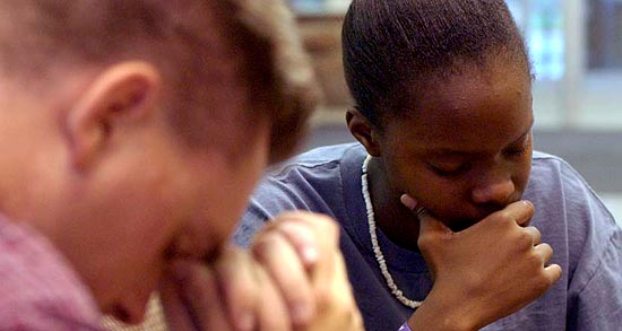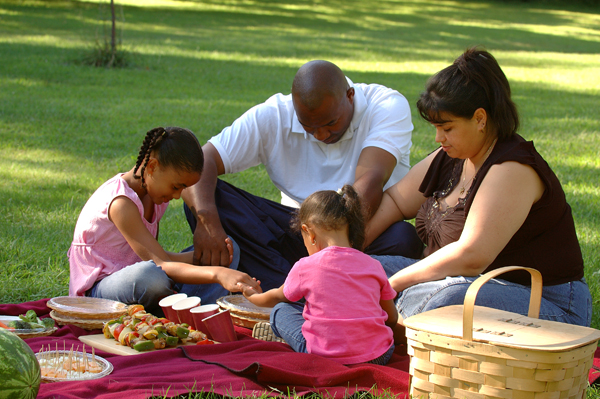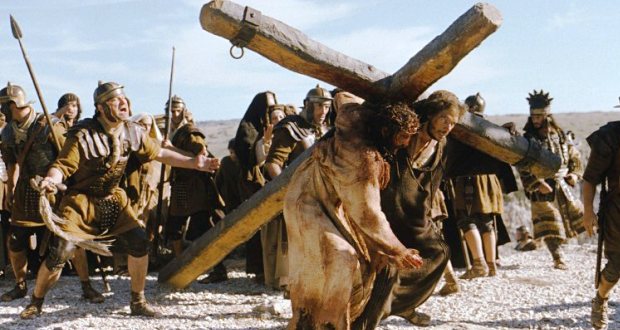The Resurrection Of Jesus Conquers Fear And Doubt

(Fr. Dexter Brereton, CSSp ThM STL)
Today’s Gospel story can be divided into two parts, the first an appearance of the risen Lord to the disciples, one which brings them courage and imparts on them a mission, the second an intense encounter between Thomas and the risen Jesus, culminating in Thomas’ extraordinary act of faith where he recognizes Jesus as “My Lord and my God.”
I will take the first half of the reading for our reflection. “In the evening of that same day, the first day of the week, the doors were closed in the room where the disciples were, for fear of the Jews. Jesus came and stood among them. He said to them: ‘Peace be with you.’ And showed them his hands and his side.
A great deal of what we do as priests in the Catholic faith is to encourage and nurture new leaders in our church communities. Over the past twenty years of priestly ministry, what I have found however, is that it is almost always the case that many of those persons we identify as potential ministers and leaders, turn out to be people, who, in one way or another, are awash with fear. It is this aspect of the lives of all these people that I have met that is invoked by the opening sentences of today’s Gospel reading: “…the doors were closed in the room where the disciples were, for fear of the Jews.” Who are the “Jews” striking such fear into the hearts of disciples? In the context of Jesus’ earthly disciples, it was clearly the Jewish leadership which conspired with others to have Jesus crucified. In our time however, “the Jews” can symbolize many other things – perhaps a personal or family problem, financial difficulty, health, lack of education, or some other personal ‘hang-up’ which makes people feel that they cannot be of service to others. Very often “the Jews” can mean conflict within the community. Very often, potential leaders are afraid of the rather cantankerous reactions by some members of the community.
The wonderful thing about Jesus in today’s reading is that in dealing with his disciples’ fearfulness, he does not hold it against them but in spite of the fear, even in the midst of their fear, calls them to mission: “As the Father sent me, so am I sending you.” In fact he entrusts them with power: “Receive the Holy Spirit, for those whose sins you forgive, they are forgiven; for those whose sins you retain; they are retained.” With Jesus, power is neither rationed, nor is it taken away. It becomes the prerogative of the entire community. In fact, one of the first lessons I learned in ecclesiology, that is the study of the doctrine on the Church, is that we should envision church communities not as a group of the faithful gathered around their minister, but rather as groups of the faithful who together form a ministering community.
The second half of today’s reading also speaks to us in powerful ways. It is a striking detail that Jesus’ sacred wounds form a part of his resurrected body: “Then (Jesus) spoke to Thomas, ‘Put your finger here, look here are my hands, Give me your hand; put it into my side. Doubt no longer but believe.” What Jesus was doing here with Thomas, the Christian community has to do with the wider world. The Church that ministers to the world, the Church that calls herself ‘Mother and Teacher’ is also a church made up of individuals who are broken and wounded in various ways. This woundedness however, is not merely a liability it should also be for us, a source of strength. The example, which as a community, we try to lay before others, is not the example of a community of perfection but of people who are willing, again and again, to rise after each fall.






